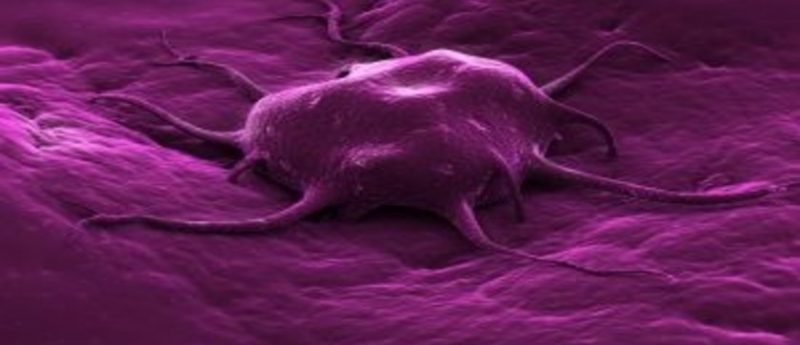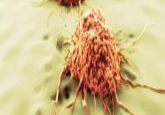Researchers target cancer cell ‘fuel tank’

Researchers from the University of Manchester (UK) have begun targeting the ‘fuel’ within cancer stem cells in order to combat tumor recurrence and resistance.
Cancer stem cells, or tumor-initiating cells, are responsible for the generally low success rate of cancer treatments; they are distinctly difficult to eliminate and the survival of cancer stem cells post treatment drives tumor recurrence, spread and, eventually, treatment failure.
The scientists, associated with the Manchester Cancer Research Centre (UK), explored the role of mitochondria within cells in the laboratory, aided by the new Manchester Centre for Cellular Metabolism (UK). They found that mitochondria play a particularly important role in the rapid growth and survival of cancer stem cells, which could eventually lead to treatment resistance.
The investigation was originally carried out using breast cancer stem cells in vitro, but was validated using human breast cancer stem cells taken from patients. The research team examined the cellular proteins and, in both cases, recorded 62 mitochondrial-related proteins with significantly increased levels. Fuels such as ketone and L-lactate were pinpointed as being particularly crucial; these proteins have previously been linked to tumor growth.
Lead researcher Michael P Lisanti (Breakthrough Breast Cancer Unit, UK) explained the findings: “Essentially mitochondria are the ’engines’ of cancer stem cells and ketone and L-lactate are the high octane fuels, which promote cancer growth. This is one of the first times that the actions of mitochondria in cancer stem cells have been fully appreciated and the results suggest new ways in which we can drain the fuel tank – restricting cancer’s ability to come back after treatment.”
Cancer Research UK are currently undertaking trials using MCT inhibitors, which also target cancer cell mitochondria, raising hopes for new avenues of treatment. Nell Barrie (Cancer Research UK) reported: “Blocking cancer cells’ ability to generate the energy they need to grow and divide is an exciting new avenue for future cancer treatments. This research suggests that MCT inhibitors may be particularly effective against breast cancer ‘stem cells’ that can resist other treatments, and could prevent the cancer from coming back — but further work is needed to find out if these drugs can help patients. Cancer Research UK is funding trials of these drugs in a range of cancer types.”
Research team member Frederica Sotgia highlighted the obstacles facing this work: “Targeting the mitochondria is difficult because of potential side effects, but, if these trials prove successful, then it represents an exciting new way to treat a large number of different cancer types.”
Matthew Lam (Breakthrough Breast Cancer) provided a future perspective: “Whilst further investigation beyond the lab is needed to test the validity of these findings, this is promising work because in effect the team used one of the unique properties that cancer stem cells have against them. Secondary breast cancer is responsible for all deaths from the disease and we know that cancer stem cells play an important role in its development. If we are going to out-smart cancer once and for all in the future, every step taken towards finding new ways to prevent it from spreading and becoming life threatening will be an important one.”



